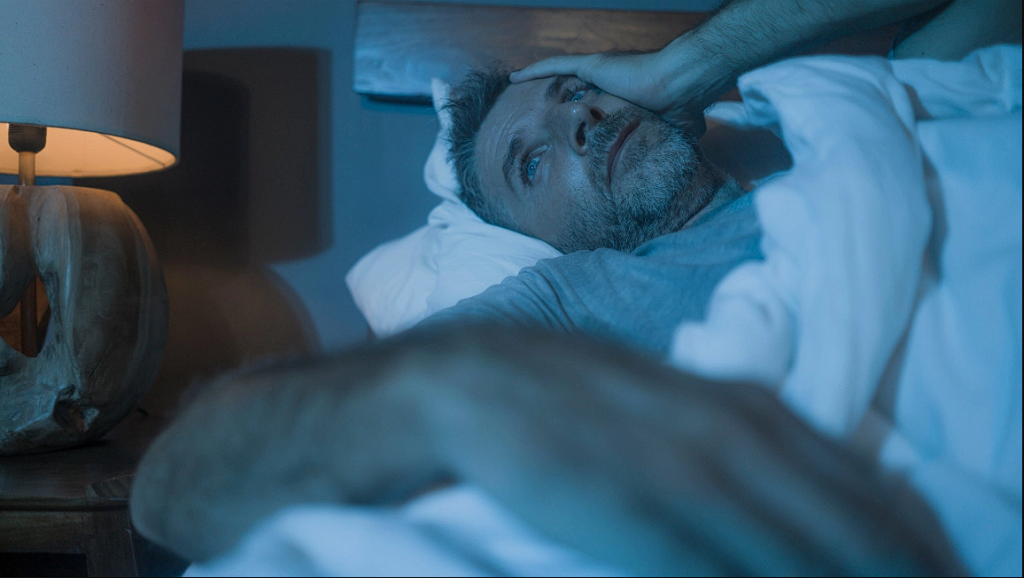Struggling to sleep with a racing mind?
Others are reading now
For many, an overwhelming list of unfinished tasks can keep them awake at night.
Research shows that the inability to switch off from work or responsibilities leads to disturbed sleep.
A study conducted among employees at a German IT company found that those who didn’t complete their weekly tasks struggled to relax over the weekend, leading to poor sleep and mounting anxiety.
“The feeling of leaving things unfinished increases work-related thoughts, negatively affecting sleep,” explains Christine Syrek, a researcher at the University of Trier, to the BBC.
Also read
How a To-Do List Can Help
While thinking about your to-do list at bedtime might sound counterproductive, research from Baylor University in the U.S. suggests otherwise.
In a study, participants who wrote a list of upcoming tasks before bed fell asleep nine minutes faster than those who wrote down tasks they had already completed.
The key lies in cognitive offloading — writing down tasks helps your brain release them, signaling it’s okay to relax.
Making Your To-Do List More Effective
To get the most benefit, follow these tips:
-
Be specific: Instead of general headings, write detailed tasks (e.g., “Email Sarah about the project” instead of “Work emails”).
-
Make a long list: The more tasks you offload onto paper, the better your brain can let go. In fact, studies show those who listed over 10 tasks fell asleep 15 minutes faster.
By organizing your thoughts, your brain treats them as “handled,” reducing the chance of racing thoughts resurfacing during the night.
A to-do list gives structure to scattered thoughts, allowing your mind to transition from problem-solving mode to rest mode. It’s like mentally filing away tasks for later.
Plus, knowing you won’t forget anything important reduces worry.


